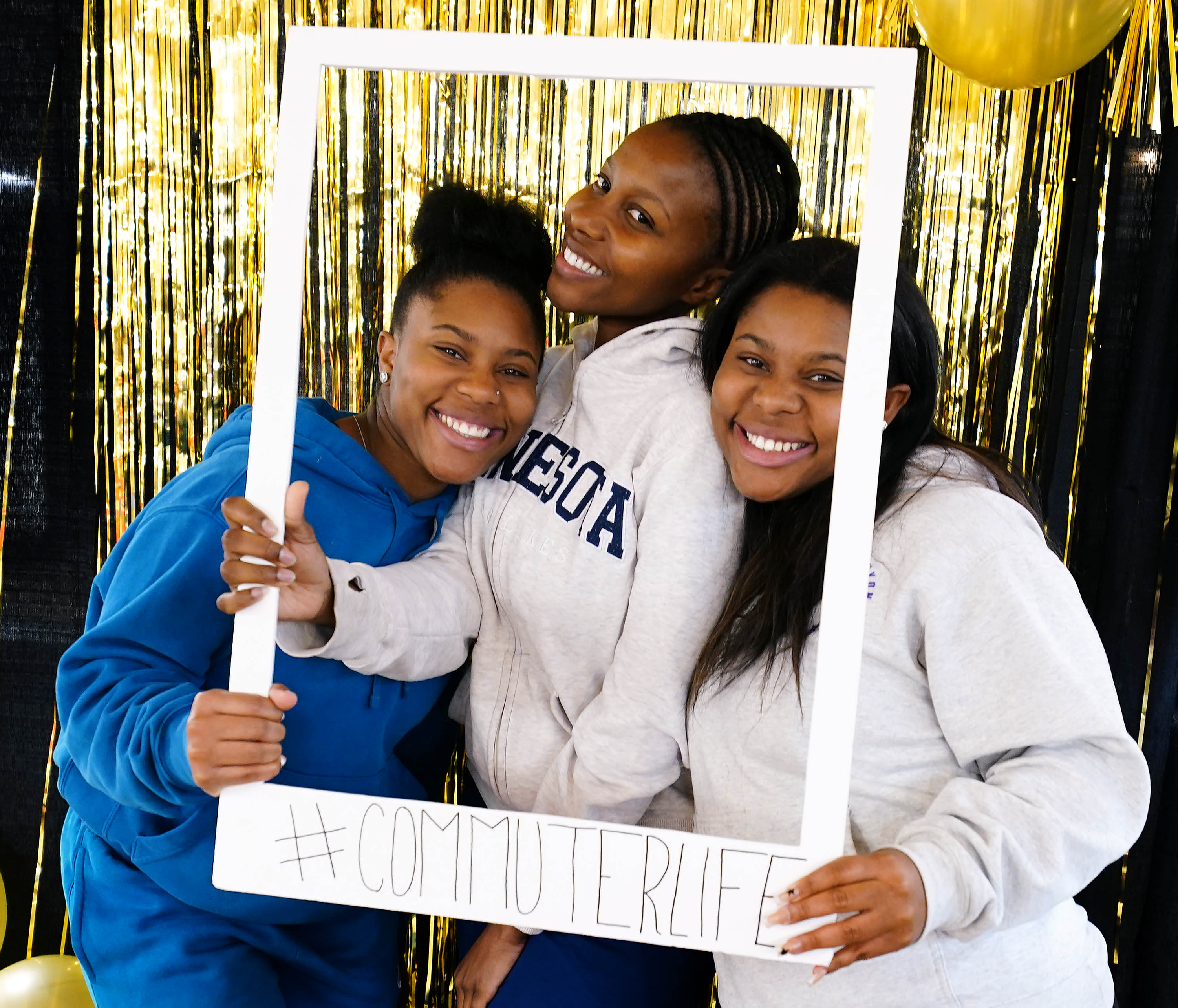
By Dr. Deb Wade
GCU Vice President, Counseling and Psychological Services
Recently, we have had a barrage of tragic and traumatic events rock our nation. With all the hurricanes, floods, earthquakes, wildfires and, most recently, the shootings in Las Vegas, it seems that we cannot turn to any media outlet without seeing horrific images of suffering, loss, sadness and tragedy.
Does this barrage of tragic images affect our psyches? How does one cope when most of the news is very bad news? We easily can get pulled into the “live coverage” of tragedies, and before too long the images and content have cycled through our minds in a pervasive and, perhaps, traumatizing manner.
Below are some tips, some “food for thought” as our nation reels from the devastation, destruction and heartbreak of the recent events:
- Strive for a normal and healthy reaction to an unhealthy and abnormal situation. Mild to moderate stress reactions to the graphic nature of the destruction and suffering are to be expected. Although some of your reactions might seem extreme, from easily provoked tears when you see the painful images to a sense of emotional numbing, all are within the expected range of reactions. Most people recover fully from even moderate stress reactions, but if the painful images become unmanageable, it might be time to seek professional help. Some other stress reactions you might experience: shock, terror, fear, anger, guilt, nightmares, intrusive thoughts/memories, fatigue, increased relational conflict and social withdrawal, to name a few.
- Strive for the resilience that is at the root of our psyches. Thankfully, one of the most common observations after disasters is the witnessing of neighbors helping neighbors, people reaching out to strangers to offer assistance and comfort and eventually seeing the healing of community as time moves forward. In addition, it is heartwarming to know that as cliché as it sounds, “Strength is found in weakness.” You might have felt led to offer help, or to give a monetary donation, or to round up supplies, all of which will help the heart to heal and resilience to occur.
- Maintain contact with your friends and family. It is natural to want to “cocoon” with your family and friends when disasters occur and when you see numerous images of loss and devastation. Mutual offering of support, speaking words of love and reminding yourself of the really important parts of life are all “silver linings” that come from horror.
- Turn it off and take a break. You most likely want to be informed, but do try to limit the amount of news you take in. Strike a balance between “being informed” and “being overexposed.” Overexposure can cause acute stress and even post-traumatic stress symptoms.
- Take care of yourself! Engage in healthy behaviors that will enhance your ability to cope with sadness and stress. Eat well-balanced meals, get plenty of quality sleep and get involved in some aerobic exercise. At the same time, put some uplifting music and/or stories at your fingertips to balance the scale from listening to and seeing the horrific.
- Focus on your strength base. Spirituality is calming and can serve as the anchor and foundation when the world seems full of chaos and tragedy. Our best comfort comes from the One Who remains on the throne at all times – Our Lord and Savior. He is omnipresent!
We certainly have no power over the content of the news these days, but we do have all the tools we need to ensure healthy perspective and response. Take care of yourself, and make sure your loved ones know they’re loved!















